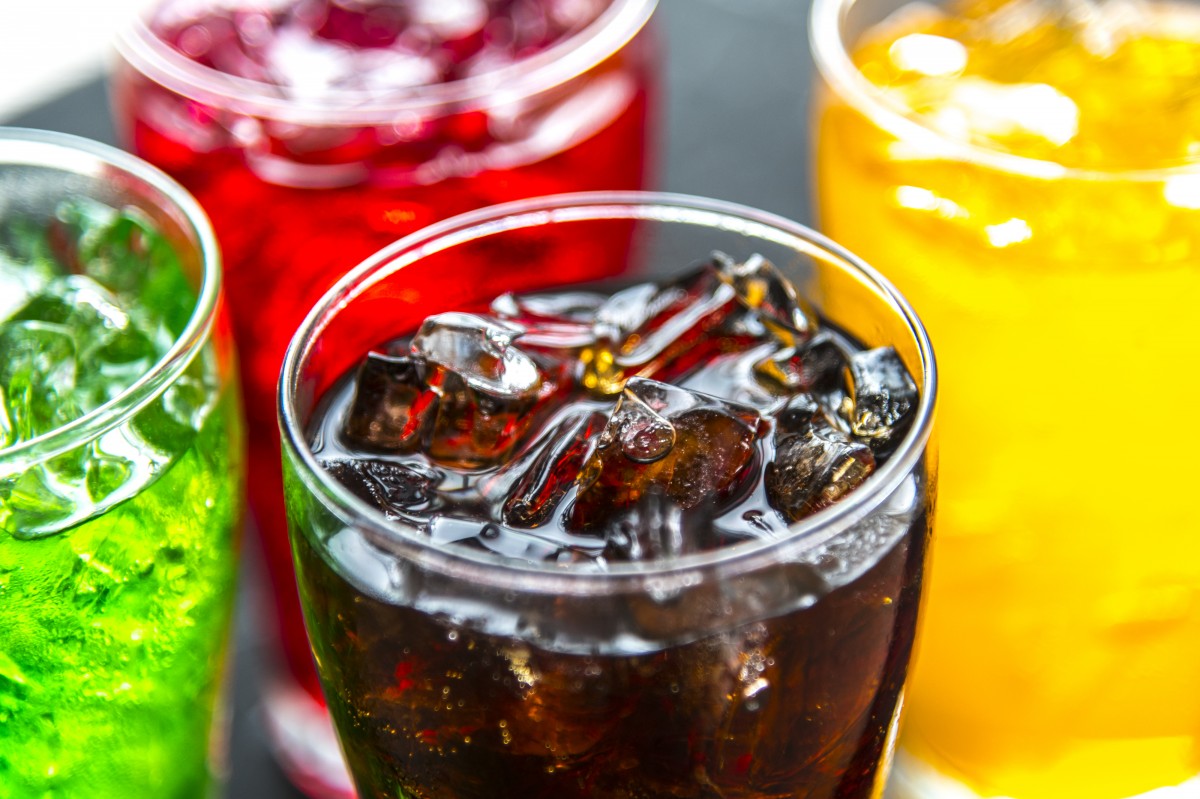
Comment Editor Natalia Carter informs us of the next monthly health project, Fizz Free February
With Veganuary only recently behind us, a new monthly diet adjusting challenge has emerged aiming to tackle sugar consumption. ‘Fizz Free February’ is the newest month-long challenge aiming to instil a lifelong change of habit to your daily lives.
Endorsed by celebrity chef Hugh Fearnley-Whittingstall and Labour’s deputy leader Tom Watson, the challenge is focused around removing soft drinks from your diet. Fizzy drinks are often filled with an excess of sugar; for example, just one can of Coca-Cola Classic contains 35g of sugar, 5g more than the recommended daily intake for an adult. Meaning you could go over your recommended daily consumption of sugar in just one sitting. 23% of all five-year-olds in England have at least one decayed, missing or filled tooth
Excess sugar consumption has been linked to causing obesity, type 2 diabetes, and tooth decay. With this in mind, it is no wonder that this initiative, first launched last year by Southwark Council, aims to combat the obesity crisis in which 34% of children leaving primary school are overweight or obese. In addition to this shocking statistic, 23% of all five-year-olds in England have at least one decayed, missing or filled tooth. Just one can of Coca-Cola Classic contains 35g of sugar, 5g more than the recommended daily intake for an adult
Reducing the sugar intake in your diet has been shown to have many health benefits, often helping to reverse the effects of type 2 diabetes, as demonstrated by Tom Watson himself. Tackling a sugar free diet, alongside an exercise programme, Watson was able to reverse his type 2 diabetes. In addition to this, cutting back on excess sugar can provide you with more energy throughout the day, aid in weight loss, reduce the risk of digestive conditions and clear up your skin! Although it is worth noting that if you plan to cut sugar from your diet completely, it is recommended that you approach the task gradually.
The campaign is largely aimed at children and young adults whose sugar intake is made up of roughly 22% worth of soft drinks. However, there are also more ‘adult’ beverages that contain that extra bit of fizz. For several years, Prosecco has been on the rise. Sales of this popular sparkling beverage have been steadily rising for a decade. However, sales of the popular Italian sparkling wine have recently been falling. Dropping by 7% in the first half of 2018, we see the first fall in exports to Britain in a decade. Could this be a reaction to the news of prosecco’s impact on your pearly whites? There are now 7,000 hectares of Prosecco vines in the region, gradually killing the local environment
In 2017, the British Dental Association (BDA) issued a warning that the festive drink’s cocktail of acidic carbonated bubbles, alcohol, and sugar could rot your teeth. Dubbed ‘Prosecco teeth’, worries became widespread that the drink was affecting the smiles of those who drank it. With a whopping one heaped teaspoon present in every flute, it’s no wonder that dentists became concerned with the increasing consumption.
But is this what we should be worrying about most in regards to the festive beverage? More than 500 million bottles of Prosecco are produced in the Veneto region of Italy each year, with the UK acting as the largest consumer in the marketplace. This means that the amount of land needed to farm the drink has almost doubled in the last 20 years. There are now 7,000 hectares of Prosecco vines in the region, gradually killing the local environment.
Before the planting of these vines the existing areas need to be cleared, often meaning the clearance of woodland and pastures. These pastures act as a preventative measure for soil erosion. The land is now entirely exposed to torrential downpours, resulting in the likely possibility that the soil will erode and contaminants such as pesticides or fertilisers can now bleed into surrounding waterways. This of course is not beneficial for our planet.
Whilst Italian farmers have reportedly blamed the fall in sales on the weakened pound, Brexit concerns and the warning issued by dentists, I do believe that the growing awareness of Prosecco’s environmental impact might be a factor.
So, with Fizz Free February well underway, why not attempt to cut back on those unnecessary cans of liquid sugar. Replacing your favourite fizzy drinks with healthier alternatives, or even just water, might do you a world of good. Perhaps Fizz Free February can not only save our teeth, but the environment.
Comments